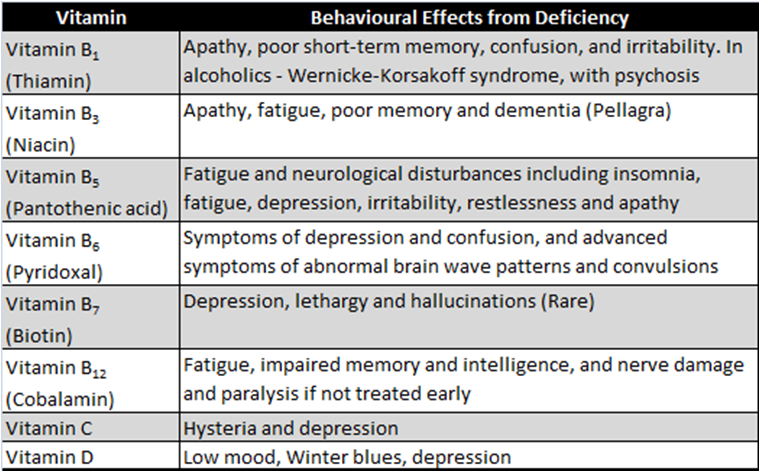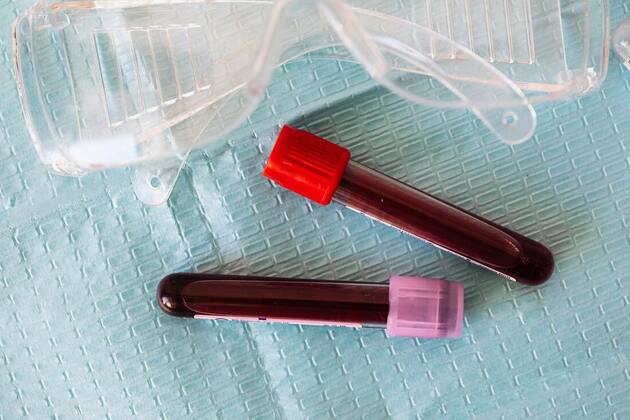|
One of the main alleged "official" nutrient recommendations for Pyrrole Disorder is vitamin B6, and the typical practitioner recommendation is to take vitamin B6 as pyridoxine hydrochloride (the inactive form) and P5P being the active form of this vitamin.
However, I do not recommend this... Some years ago I read some published studies which found that taking the inactive form (pyridoxine hydrochloride) together with P5P caused the inactive form to inhibit the body's use of the P5P - the main one your body can use! The pyridoxine hydrochloride form of B6 is also linked to causing peripheral neuropathy or nerve damage, which can cause symptoms of numbness or tingling in the extremities, loss of sensation, and also poor muscle control. This happens because of a deficiency of vitamin B6, but also in people who show very high levels of B6 in blood tests. This is likely as the body isn't able to use the B6, and causing the increasingly high levels on blood test, but at the same time as causing a functional deficiency of this vitamin and hence the deficiency symptoms. This neuropathy can take 2-3 months to start to develop after taking many of the usual compounded Pyrrole Primer or similar supplement products which are high in pyridoxine hydrochloride. Another reason why I don't recommend just taking B6 on its own, is that all the B-vitamins work together in many different biochemical pathways and reactions. Taking just one in a supplement may temporarily address that deficiency, but will quickly cause imbalances in the other Bs, to cause more symptoms. I believe these factors are why most people on the usual Primer or supplement protocols may get some initial improvements, but then plateau or collapse with the same or worse symptoms they had before taking the products. Every single case of a new Pyrrole Disorder client that comes to me, has a vitamin B12 deficiency, and over 50% have a vitamin B9 (Folate) deficiency too. Other B-vitamin deficiencies can also cause the common mental health symptoms and conditions seen in Pyrrole Disorder, as seen in the attached table. Again why those with this condition need ALL of the B-vitamins in a B-complex p just not necessarily a methylated B-complex, as many with this condition can be quite sensitive to the methylated forms of the Bs. But that's not in the official Walsh guidelines... another reason why I think they are wrong, and why I treat this condition differently.
0 Comments
The generally recognised and recommended test for Pyrrole Disorder is the HPL urine test. However, I haven't used or recommended this test for a number of years because of the following reasons:
Hence why I recommend all of these additional tests as standard, to more holistically test for Pyrrole Disorder and its common related symptoms and conditions:
More important to getting these tests done is to make sure that you get an accurate analysis and interpretation of your results, as perhaps surprisingly, 99% of doctors (or other practitioners) do not interpret pathology results well. Pathology analysis is an area of specialty that I do, after training over 900 other practitioners on this skill. More information on why doctors don't analyse blood tests properly can be explained here: https://www.pathologyanalysis.com/pathology.html |
AuthorWrite something about yourself. No need to be fancy, just an overview. Archives
March 2023
Categories
All
|



 RSS Feed
RSS Feed